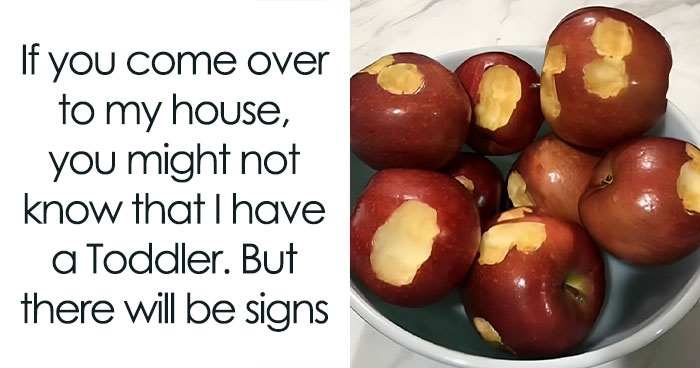Can be anything from learning tenses/verb conjugations in another language to simply not knowing how to spell in a language you've known since birth, because what kind of psychopath spells February like that and doesn't make it pronounced like "Feb-roo-ary".
This post may include affiliate links.
Anything with 'i' and 'e' next to each other. I know the i before e except after c phrase, but it doesn't help with most words.
I'm learning German, so the grammatical differences between that and English keep tripping me up, but in my experience, English itself is much harder. Every single time, I will always mispell words like "wednesday", "surprised", or "opportunity", because this language is an abomination.
We have "read", "read", "reed", and "red". In those four words, we have three spellings, four meanings, and two pronounciations.
We have "lie" and "lie", which are spelled and pronounced the exact same, yet have two different unrelated meanings.
Finally, we have "there", "they're", and "their". All pronounced the same. All with different meanings.
I swear to god it is easier to understand why a train station is masculine and a subway station is feminine than to master the English language.
Charlie Horse turns into Trolley Horse
Ok i speak english, and learning spanish was simple
But french why is très = 3 in spanish but very in french
Also thanks to my accent i cant pronounce whopper correctly
(Wop-puh)
Translations are always really weird, especially the names of countries. For instance, the German name for Poland is "Polen", but the French name for Germany is "Allemange" or something spelled like that.
Saying me and.. instead of ___and I
Commas are the bane of my existence. I either use them when I shouldn’t or not use them when I should!
I've always, always been terrible with comma splices or just commas in general
Are you wanting pacific examples?
L A T I N. Omg whyyy are there so many tenses and ending likening whattt
Latin is hard, agreed. Interestingly, the romance languages of today are much more similar to each other, than to classical Latin
piece vs peice?
also i’ve never known how to spell muesum right
I have a degree in secondary English education and I still have trouble with affect and effect. I really have to think about which I need use.
It's easier if you speak a romance languages. My language, Portuguese, afetar is a verb, efeito is a noun. Você pode afetar o efeito: You can affect the effect.
I just read an article on Gen Z. They don't know life before smart phones and their spelling and grammar is atrocious. They say how advanced we've become but it seems the opposite to me. We're going back to drawing "emojis" on cave walls.
"For this invention will produce forgetfulness in the minds of those who learn to use it, because they will not practice their memory" - Socrates on the invention of writing. Language will likely change due to this technology, just as it has changed countless times over the millennia. Humans will adapt, and learn. Knowledge will still be sought after, and in 60 years, Gen Z will complain about the new generation of kids with their - insert whatever it is here. I'm old, so I totally understand the impulse to think this new thing is going to ruin everything, but it probably won't. And if it does, I'll be dead by then anyways.
My Most Common Grammar Mistakes Are:
They're vs Their vs There
Your vs You're
Where vs Wear vs Were vs We're
And stuff like that
Passive voice is the one I struggle most with that hasn't already been listed by someone else.
Yes, in my mother tongue it's more polite to use the passive voice, but in English it's the active voice

 Dark Mode
Dark Mode 

 No fees, cancel anytime
No fees, cancel anytime 















































